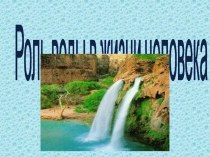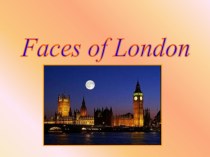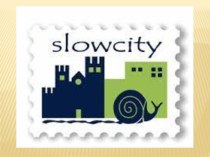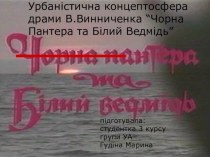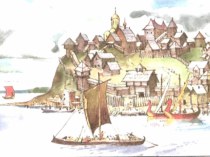- Главная
- Разное
- Бизнес и предпринимательство
- Образование
- Развлечения
- Государство
- Спорт
- Графика
- Культурология
- Еда и кулинария
- Лингвистика
- Религиоведение
- Черчение
- Физкультура
- ИЗО
- Психология
- Социология
- Английский язык
- Астрономия
- Алгебра
- Биология
- География
- Геометрия
- Детские презентации
- Информатика
- История
- Литература
- Маркетинг
- Математика
- Медицина
- Менеджмент
- Музыка
- МХК
- Немецкий язык
- ОБЖ
- Обществознание
- Окружающий мир
- Педагогика
- Русский язык
- Технология
- Физика
- Философия
- Химия
- Шаблоны, картинки для презентаций
- Экология
- Экономика
- Юриспруденция
Что такое findslide.org?
FindSlide.org - это сайт презентаций, докладов, шаблонов в формате PowerPoint.
Обратная связь
Email: Нажмите что бы посмотреть
Презентация на тему Attractions in london
Содержание
- 2. Millennium Dome The Millennium Dome, colloquially
- 3. The dome is one of
- 4. eveningnight
- 5. London Eye The London Eye is
- 6. London eye in winter
- 8. Tower Bridge Tower Bridge (built 1886–1894)
- 9. History In the second half
- 13. London Dungeon The London Dungeon is
- 15. Wellington Arch Wellington Arch, also known
- 17. Globe Theatre/ Shakespeare's Globe The Globe Theatre was a
- 19. Скачать презентацию
- 20. Похожие презентации
Millennium Dome The Millennium Dome, colloquially referred to simply as The Dome, is the original name of a large dome-shaped building, originally used to house the Millennium Experience, a major exhibition celebrating the beginning of the third millennium. Located

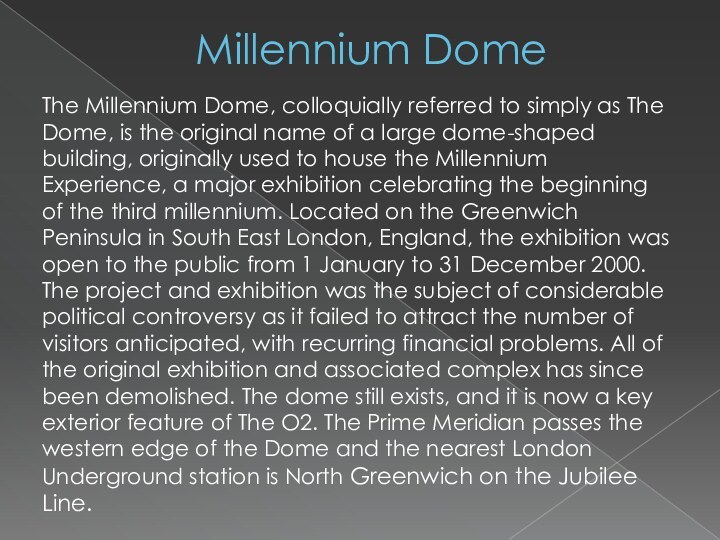
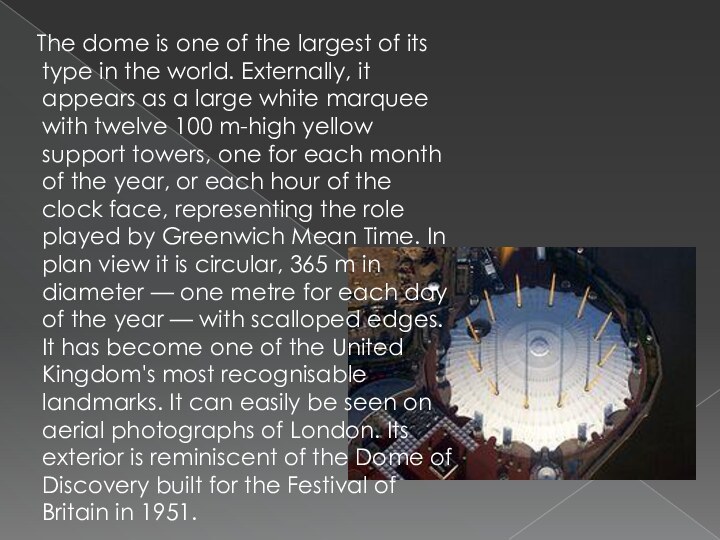
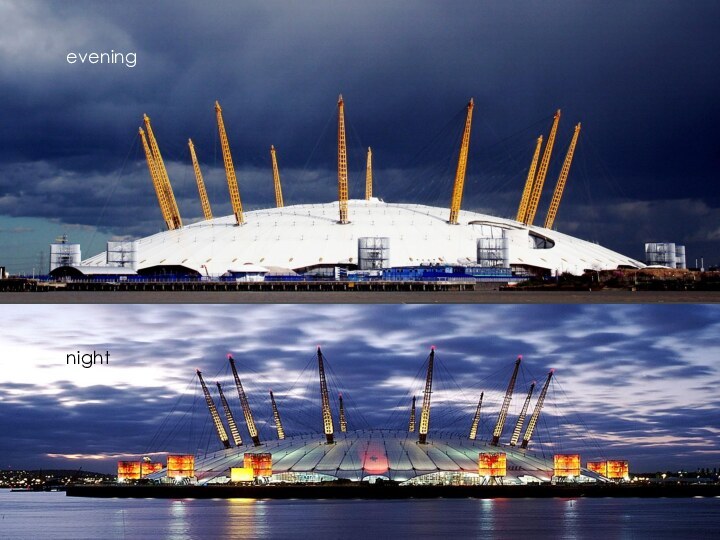
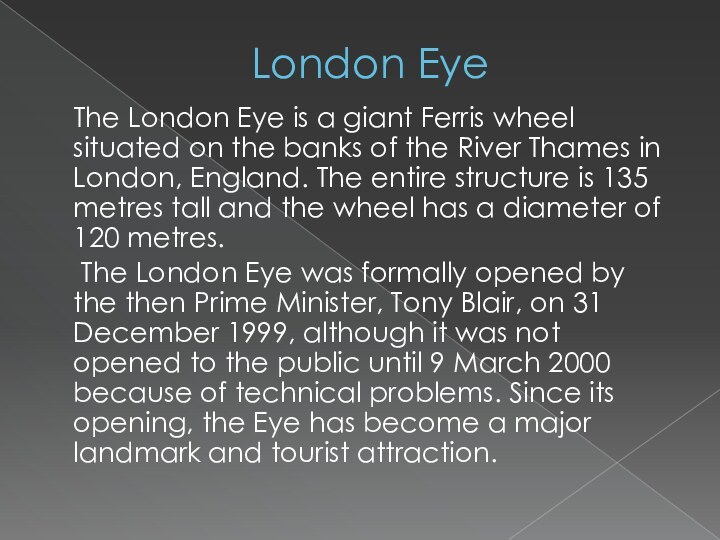
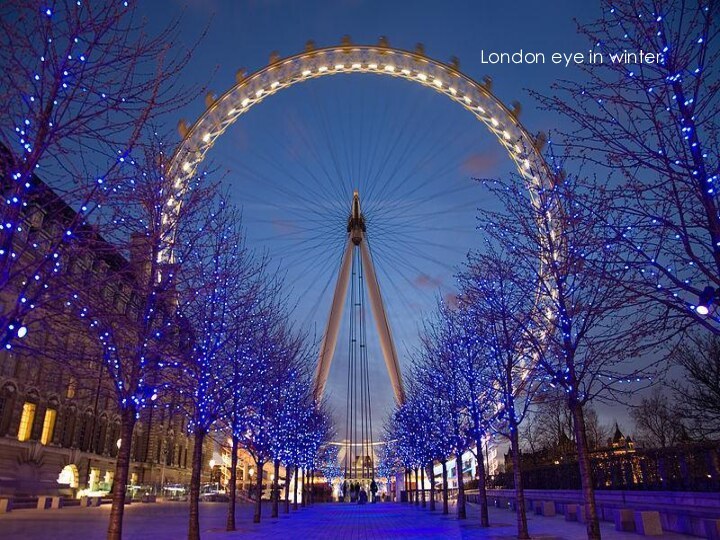
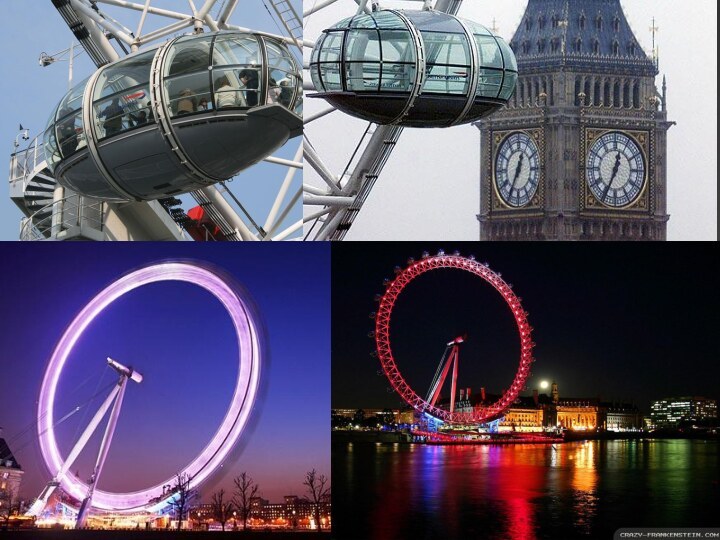
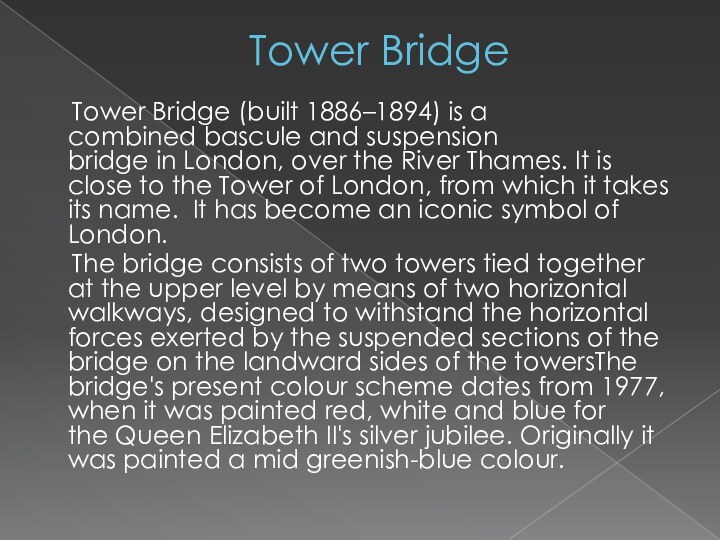
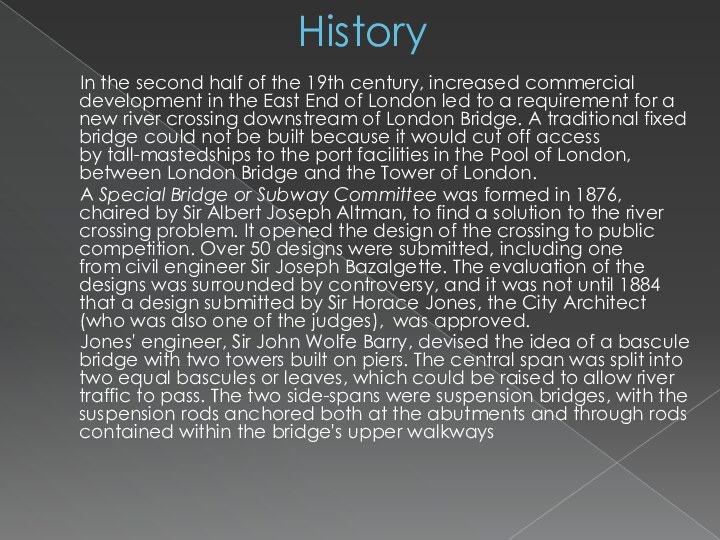
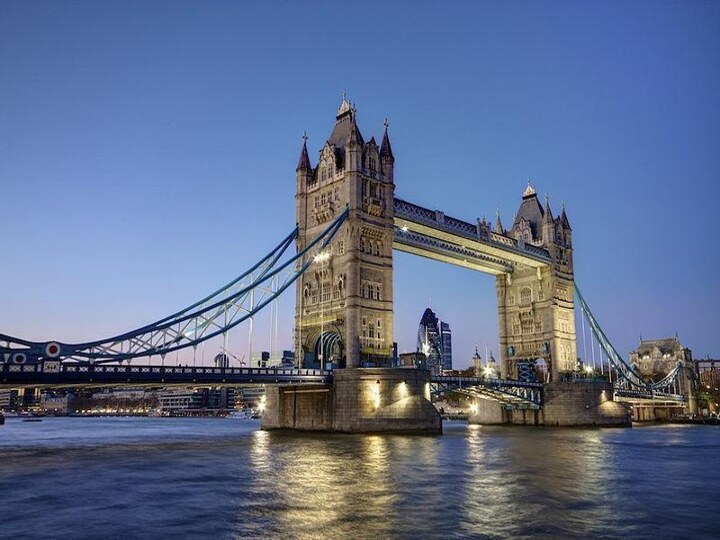
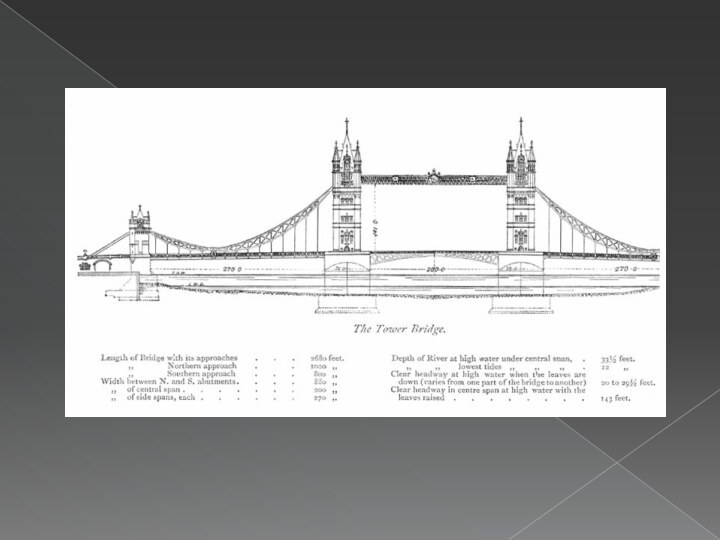
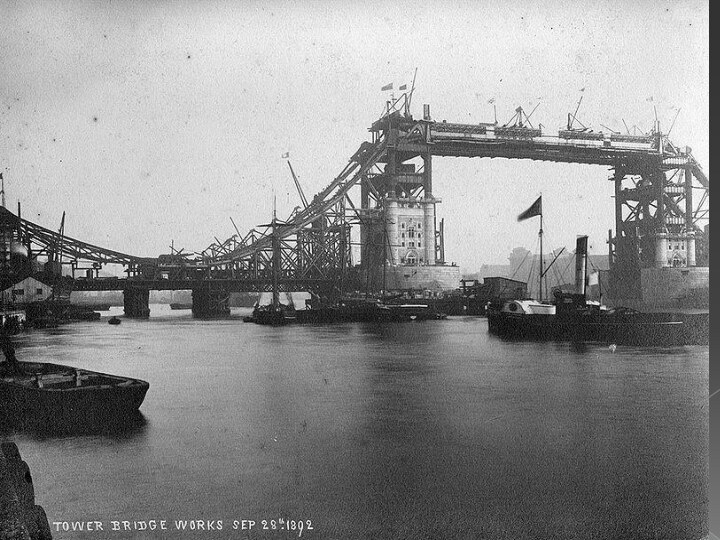
![Attractions in london London Dungeon The London Dungeon is a popular London tourist attraction,[1]](/img/tmb/14/1356924/1b3eff7a75d44dec5cecd5c4488da371-720x.jpg)
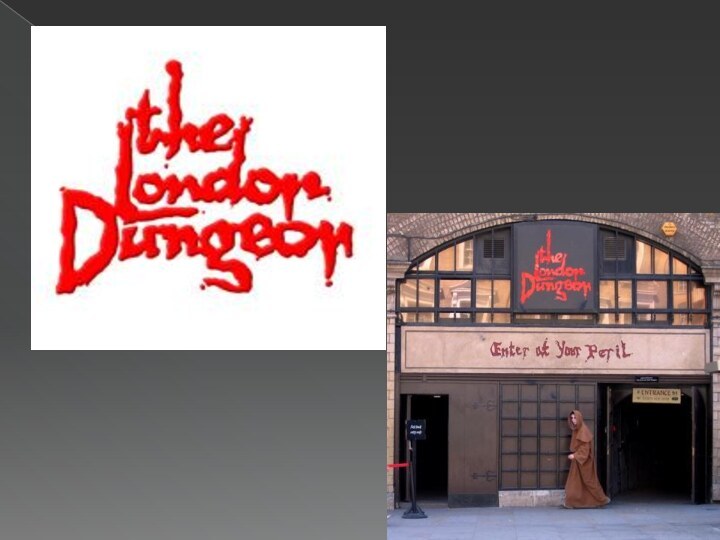
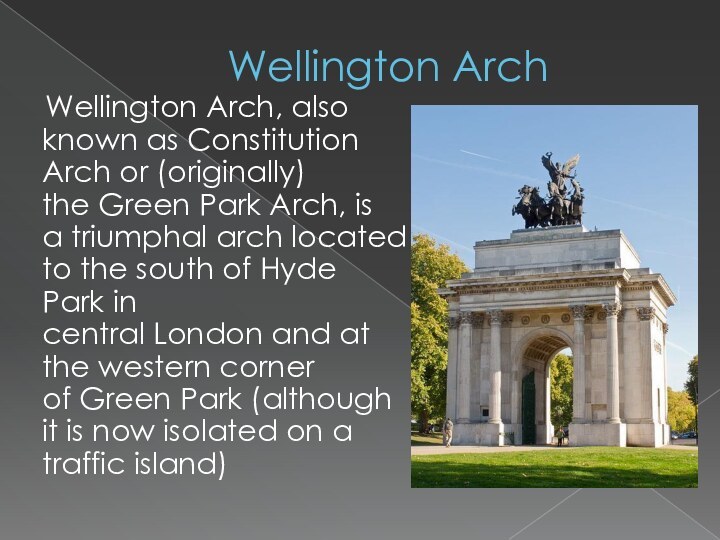
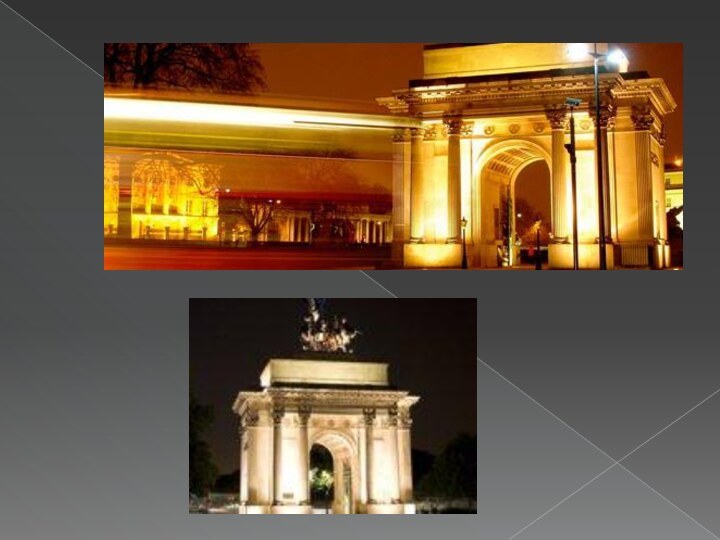
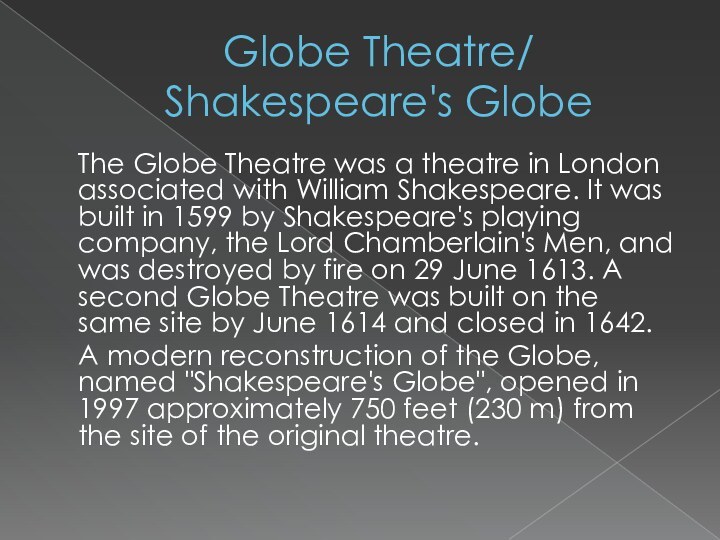
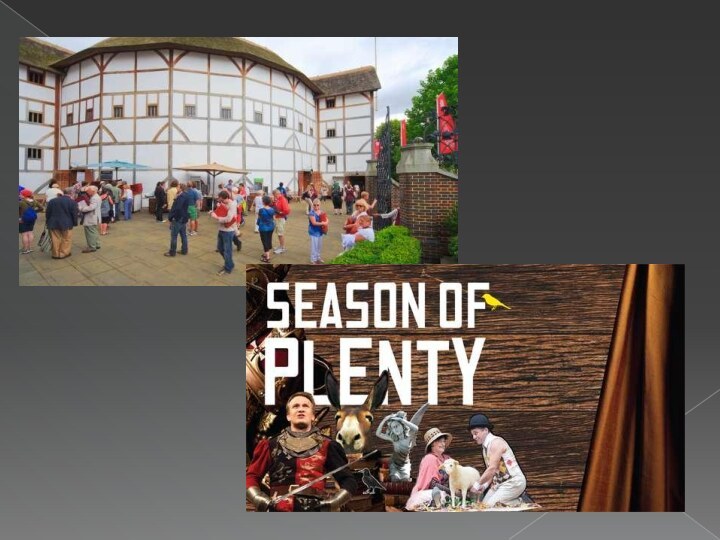
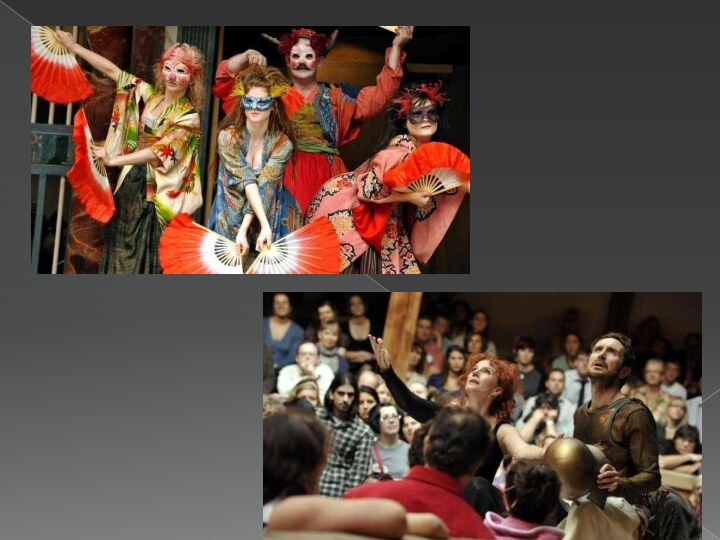
Слайд 3 The dome is one of the
largest of its type in the world. Externally, it
appears as a large white marquee with twelve 100 m-high yellow support towers, one for each month of the year, or each hour of the clock face, representing the role played by Greenwich Mean Time. In plan view it is circular, 365 m in diameter — one metre for each day of the year — with scalloped edges. It has become one of the United Kingdom's most recognisable landmarks. It can easily be seen on aerial photographs of London. Its exterior is reminiscent of the Dome of Discovery built for the Festival of Britain in 1951.
Слайд 5
London Eye
The London Eye is a
giant Ferris wheel situated on the banks of the
River Thames in London, England. The entire structure is 135 metres tall and the wheel has a diameter of 120 metres.The London Eye was formally opened by the then Prime Minister, Tony Blair, on 31 December 1999, although it was not opened to the public until 9 March 2000 because of technical problems. Since its opening, the Eye has become a major landmark and tourist attraction.
Слайд 8
Tower Bridge
Tower Bridge (built 1886–1894) is
a combined bascule and suspension bridge in London, over the River Thames. It is close
to the Tower of London, from which it takes its name. It has become an iconic symbol of London.The bridge consists of two towers tied together at the upper level by means of two horizontal walkways, designed to withstand the horizontal forces exerted by the suspended sections of the bridge on the landward sides of the towersThe bridge's present colour scheme dates from 1977, when it was painted red, white and blue for the Queen Elizabeth II's silver jubilee. Originally it was painted a mid greenish-blue colour.
Слайд 9
History
In the second half of
the 19th century, increased commercial development in the East End
of London led to a requirement for a new river crossing downstream of London Bridge. A traditional fixed bridge could not be built because it would cut off access by tall-mastedships to the port facilities in the Pool of London, between London Bridge and the Tower of London.A Special Bridge or Subway Committee was formed in 1876, chaired by Sir Albert Joseph Altman, to find a solution to the river crossing problem. It opened the design of the crossing to public competition. Over 50 designs were submitted, including one from civil engineer Sir Joseph Bazalgette. The evaluation of the designs was surrounded by controversy, and it was not until 1884 that a design submitted by Sir Horace Jones, the City Architect (who was also one of the judges), was approved.
Jones' engineer, Sir John Wolfe Barry, devised the idea of a bascule bridge with two towers built on piers. The central span was split into two equal bascules or leaves, which could be raised to allow river traffic to pass. The two side-spans were suspension bridges, with the suspension rods anchored both at the abutments and through rods contained within the bridge's upper walkways
Слайд 13
London Dungeon
The London Dungeon is a
popular London tourist attraction,[1] which recreates various gory and
macabre historical events in a grimly comedic 'gallows humour' style, attempting to make them appealing to younger audiences. It uses a mixture of live actors, special effects and rides.Opening in 1974, it was initially designed as more a museum of "horrible history", but the Dungeon has evolved to become an actor-led, interactive experience. The Dungeon is operated by Merlin Entertainments.
Слайд 15
Wellington Arch
Wellington Arch, also known as Constitution
Arch or (originally) the Green Park Arch, is a triumphal arch located to
the south of Hyde Park in central London and at the western corner of Green Park (although it is now isolated on a traffic island)
Слайд 17
Globe Theatre/ Shakespeare's Globe
The Globe Theatre was a theatre
in London associated with William Shakespeare. It was built in
1599 by Shakespeare's playing company, the Lord Chamberlain's Men, and was destroyed by fire on 29 June 1613. A second Globe Theatre was built on the same site by June 1614 and closed in 1642.A modern reconstruction of the Globe, named "Shakespeare's Globe", opened in 1997 approximately 750 feet (230 m) from the site of the original theatre.





